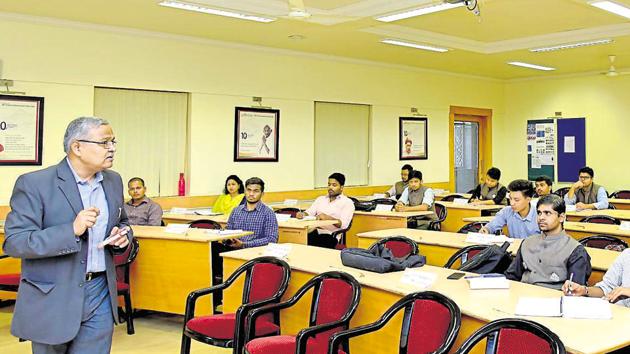In today’s complex and ever-changing political landscape, effective leadership and governance are crucial for shaping the future of nations and societies. A master’s in political leadership and government (MPG) equips individuals with the knowledge, skills, and expertise needed to navigate the intricacies of political systems and drive positive change. If you have a passion for politics, governance, and leadership, exploring career opportunities in this field could be a transformative step towards shaping the future of your country.
Political Leadership and Its Importance in Government Sectors
Political leadership is pivotal in shaping policy formulation, decision-making, and governance in government sectors. Influential leaders can inspire, motivate, and mobilize individuals and communities toward common goals. By fostering collaboration, accountability, and transparency, political leaders can drive meaningful reforms and address pressing societal challenges.
Career Opportunities Available for Individuals with a master’s degree in political leadership and government
Graduates with a master’s degree in political leadership and government have many career opportunities. Some common career paths include:
Political Analyst
Political analysts research and analyze political trends, developments, and policies to provide insights and recommendations to policymakers, government agencies, and political organizations. They may specialize in public opinion research, electoral analysis, or policy evaluation.
Political Campaign Strategist
Political campaign strategists develop and execute strategic plans to support political candidates or parties in electoral campaigns. They oversee various aspects of the campaign, including messaging, fundraising, voter outreach, and media relations, to maximize support and secure electoral victories.
Political Researcher
Political researchers conduct in-depth research on political issues, institutions, and processes to inform policy debates, academic scholarship, and public discourse. They may work for think tanks, research institutes, educational institutions, or government agencies and produce reports, white papers, and policy briefs on various topics.
Core Curriculum and Specialized Courses Offered in Such Programs
Master’s programs in Political Leadership and Government typically cover various topics, including political theory, public administration, policy analysis, comparative politics, and international relations. Specialized courses may focus on leadership development, political communication, campaign management, public policy formulation, and governance ethics.
Skills and Knowledge for an MPG Course
Students pursuing a master’s in political leadership and government develop diverse skills and knowledge essential for success in the field. These include:
– Critical thinking and analytical skills for evaluating complex political issues and policy challenges.
– Communication and public speaking skills for effectively articulating ideas, building consensus, and mobilizing support.
– Leadership and management skills for leading teams, managing projects, and navigating political environments.
– Research and data analysis skills for gathering, interpreting, and presenting empirical evidence to support decision-making.
– Ethical and professional standards for upholding integrity, accountability, and transparency in governance practices.
Scope, Eligibility Criteria, Opportunities
The scope of career opportunities for graduates with a master’s in political leadership and government is vast and diverse. Graduates may pursue careers in government agencies, political parties, non-profit organizations, international organizations, consulting firms, media outlets, and academia. Eligibility criteria for admission to such programs typically include a bachelor’s degree in a related field, relevant work experience, academic achievements, and letters of recommendation.
Pursuing a master’s in political leadership and government offers a pathway to diverse and impactful career opportunities in the public and private sectors. By getting the necessary knowledge, skills, and experiences, graduates can be significant in shaping the future of governance, policy-making, and political engagement in their communities and beyond.
FAQs
- What are the admission requirements for such programs?
Admission requirements for master’s programs in Political Leadership and Government vary by institution but typically include a bachelor’s degree in a related field, relevant work experience, letters of recommendation, a statement of purpose, and standard test scores (such as the GRE or GMAT).
- How does networking play a role in career advancement in this field?
Networking plays an important role in career progress in political leadership and government. It allows individuals to build relationships, exchange ideas, and access opportunities for collaboration and professional development. Networking can occur through formal events, conferences, professional associations, and online platforms like LinkedIn.
- What resources are available for students interested in exploring this career path further?
Students interested in exploring a career in political leadership and government can access various resources, including career counseling services, internships, mentorship programs, professional development workshops, academic conferences, and online resources such as research articles, policy briefs, and podcasts.
- How long does it take to complete a master’s program in Political Leadership and Government?
The duration of master’s programs in Political Leadership and Government typically ranges from one to two years, depending on the institution and the program’s structure (full-time, part-time, or accelerated). Some programs may offer additional options for specialization or research, which could extend the duration of the program.





